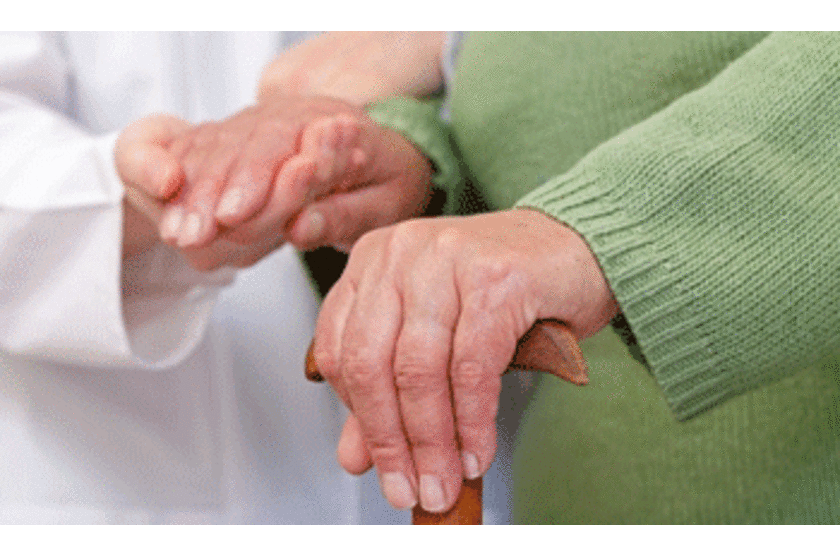The study by charity Parkinson's UK estimates that up to 21,000 more people are living with the condition, unaware and unsupported. Around 166,000 people in the UK currently have a diagnosis of Parkinson's, according to the charity's data.
The number of people newly diagnosed with Parkinson's grew each year up to 2020, but during the coronavirus pandemic, the number dropped by 26% from 26,000 to 19,300 and it hasn't returned to where the charity expects it to be.
The research suggests that while excess deaths during the pandemic had a small impact on the prevalence of Parkinson's, the biggest factors affecting diagnosis have been long NHS waiting lists, and access to neurology services.
Caroline Rassell, chief executive at Parkinson's UK, said: ‘We continue to campaign, fund key roles and educate health professionals so they have the expertise they need to care for people with Parkinson's.
‘But we cannot do this alone, and so we desperately need the NHS to address this diagnosis crisis, the growing backlog, and improve access to quality, specialist care.'
In response, a DHSC spokesperson, said: ‘This government inherited record long waiting lists with too many patients living with Parkinson's disease being left behind and facing unacceptable waits to get diagnosed and treated.
‘We are working at pace to turn this around and cut waiting times, including by delivering more neurology appointments to speed up diagnosis.
‘We are also expanding the workforce, boosting training for staff, funding research into new treatments, and using the latest technology to help people stay independent for longer.'



